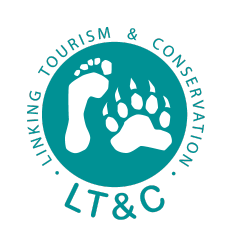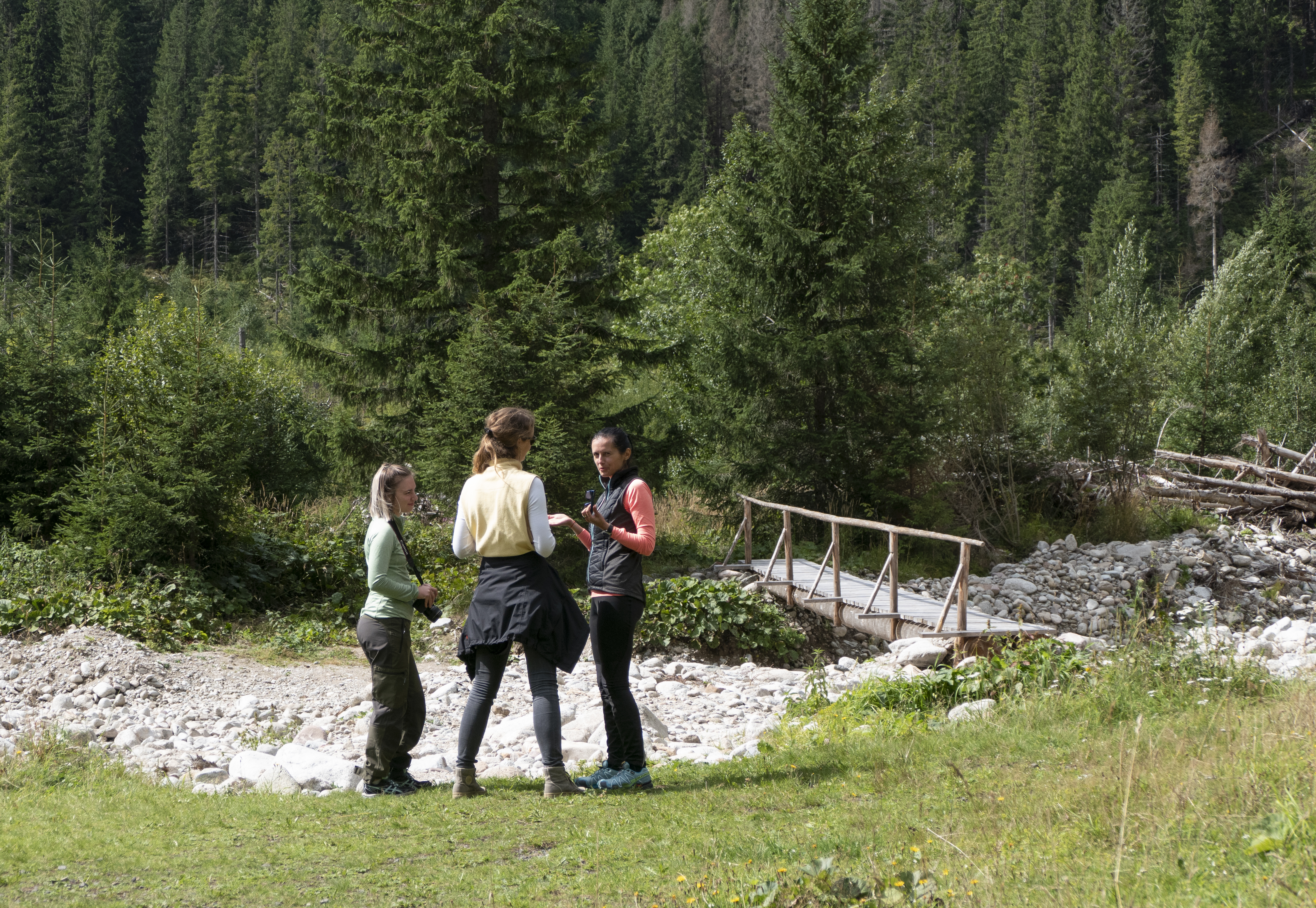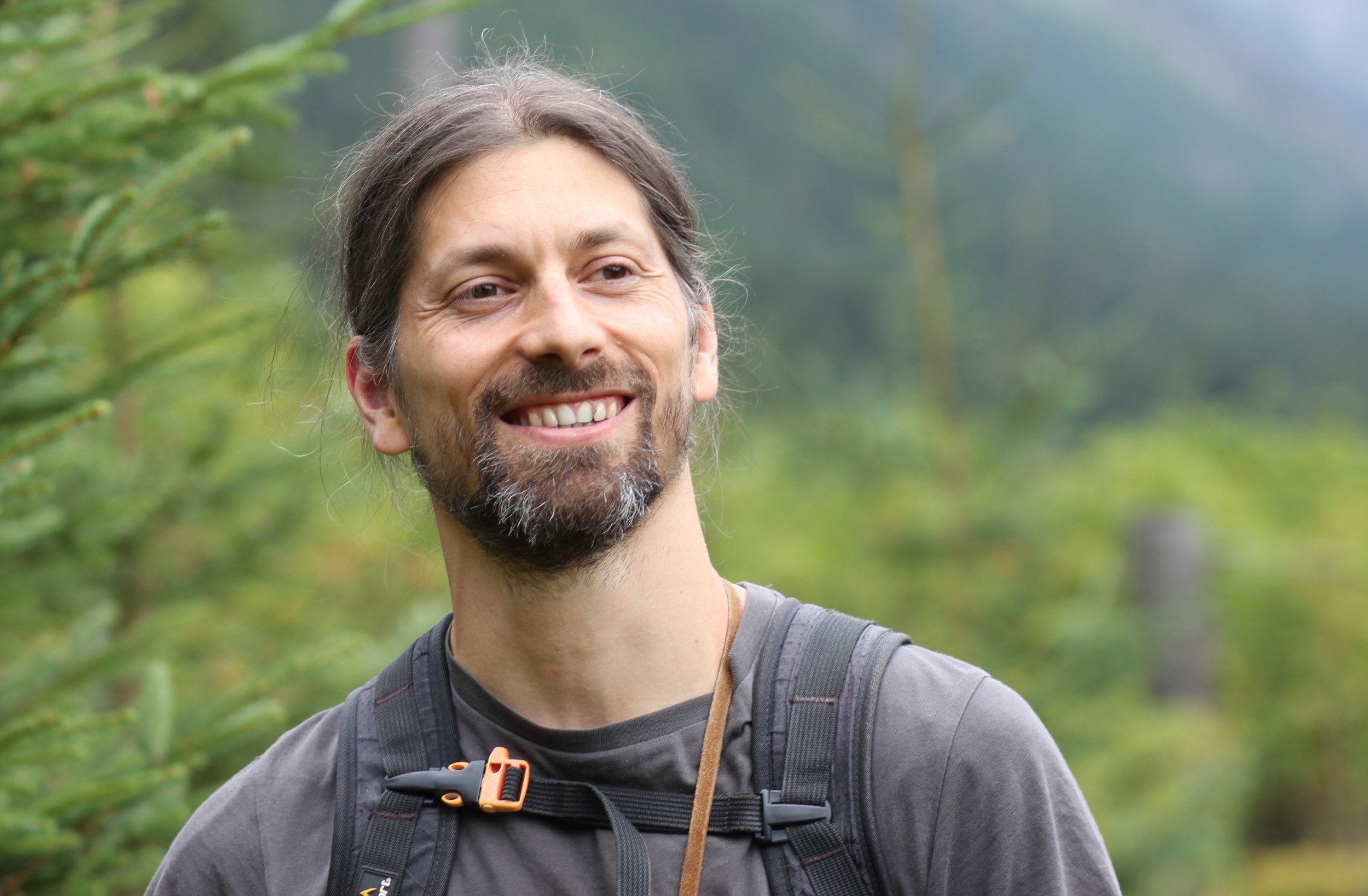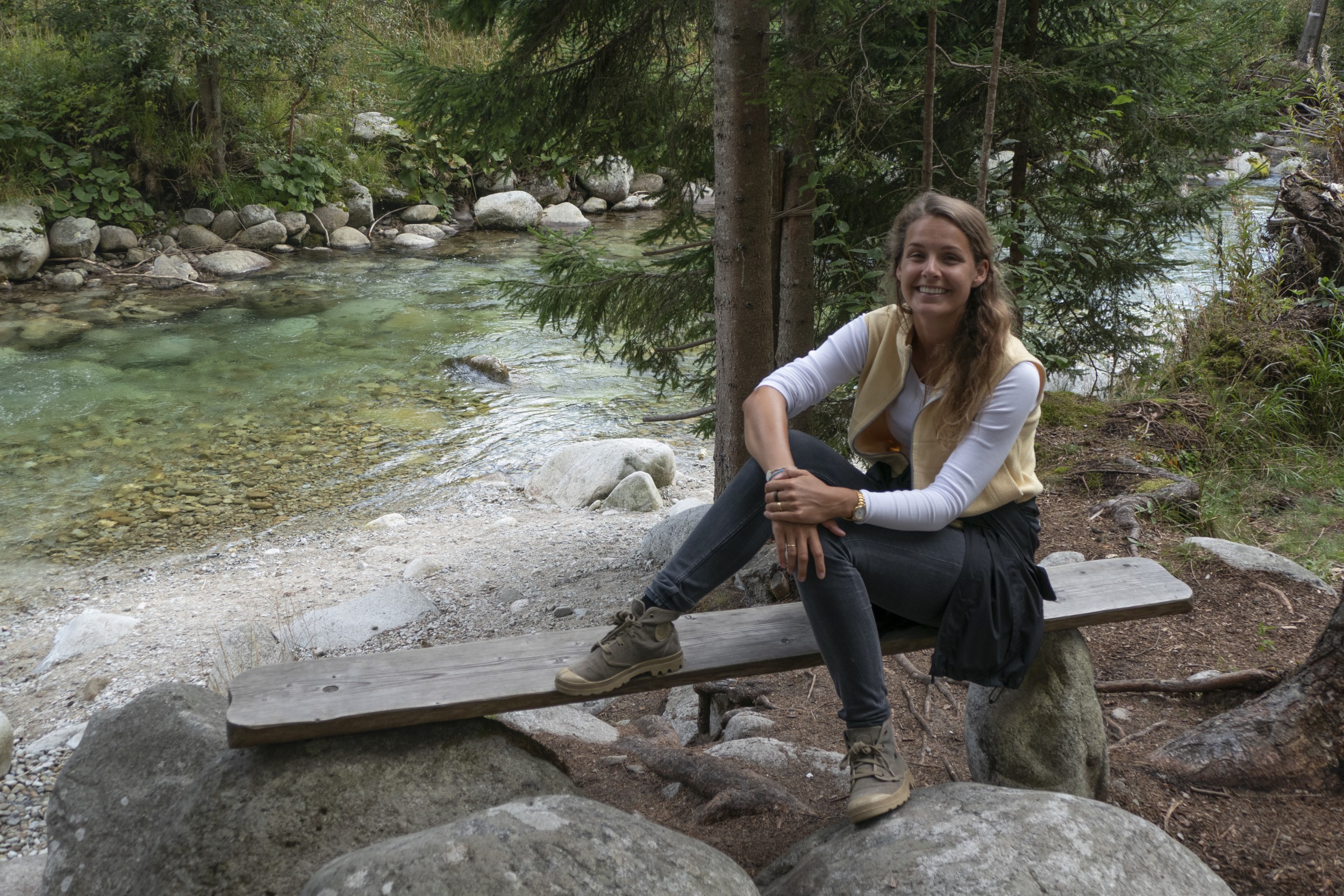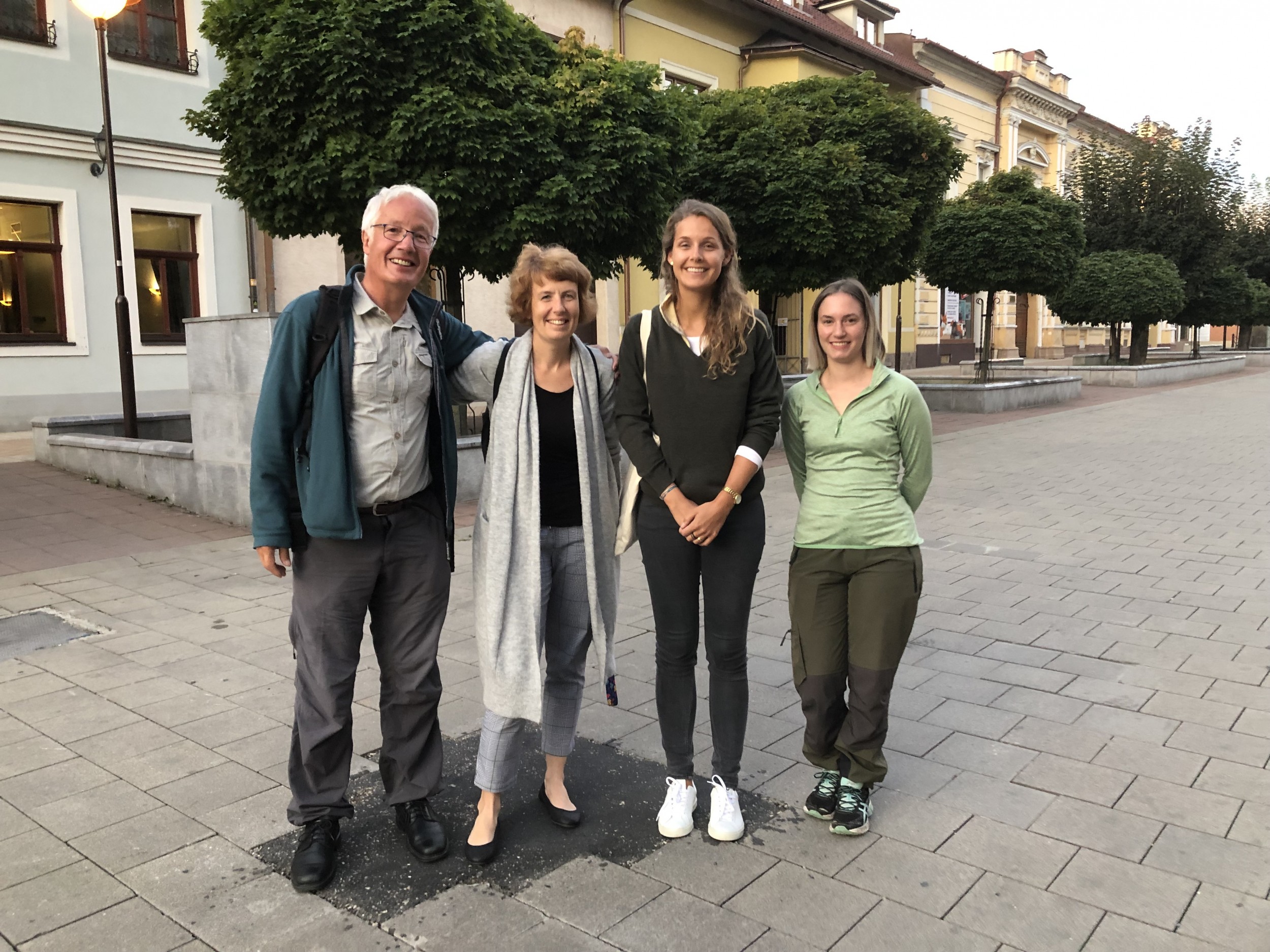Slovakia is a country in central Europe with large amounts of forest cover. 26% of Slovakia’s land is protected, of which 6-7% are national parks and 2% are core zones. Slovakia hosts one of the very few remaining wilderness areas in Europe, in which bears can roam freely without human interference. Since 1990 the number of trees cut down in forests and national parks has increased by 75%. In the Low Tatras National Park alone, satellite images show that it has lost more than 70km2 of old forest due to logging. Ecotourism has been identified as a promising way to stop the extensive logging, provide economic opportunities for rural communities and strengthen conservation initiatives. Aevis n.o., a Slovak environmental foundation has established itself as a leader in this new ecotourism movement, providing education material, support and ideas on how to develop ecotourism as an economic alternative to logging and a means to strengthen conservation and nature protection initiatives of the flora and fauna of Slovakia’s forests. Aevis has introduced some initial ecotourism offers such as wolf tracking tours on horseback or guided ornithological tours. The current legislation in Slovakia does not sanction logging in protected areas and unfortunately the conditions currently do not support ecotourism development, due to strong governmental restrictions, e.g. against guided tours in national parks. Therefore, currently only very few isolated ecotourism offers exist that are of supportive character to national parks.
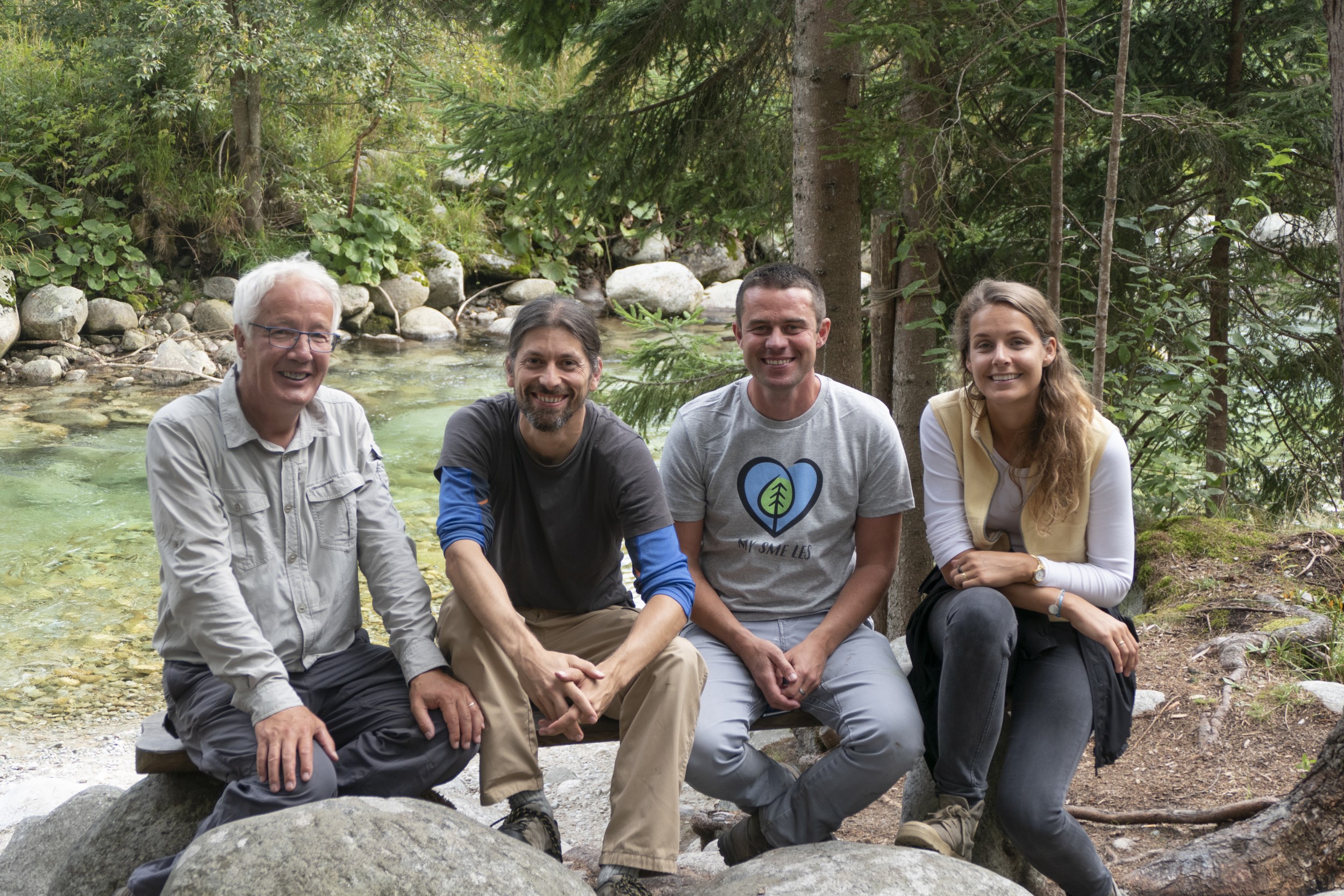
LT&C is part of a project led by the Aevis n.o., funded by the EEA Norway grants under the Active Citizens Fund – Slovakia grant program, which aims to tackle this challenge to strengthen ecotourism development in natural areas in Slovakia. Part of the project is also the WWF Slovakia, Frankfurt Zoological Society, Pro Nature, the INESS institute and the NGO Via Iuris.
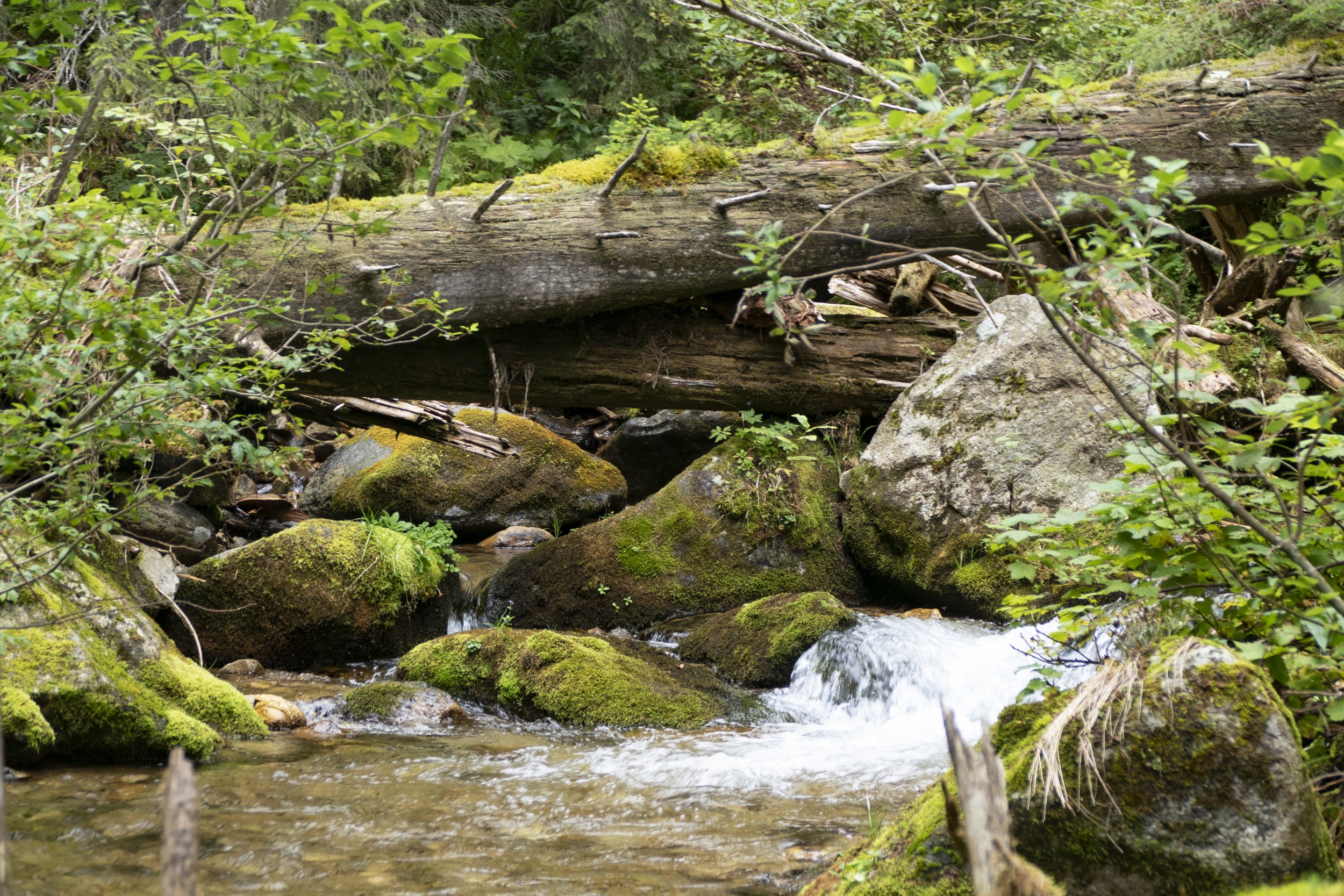
Based on a four-pillar approach – Law & legislation; Concepts & strategies; Data & research and activation campaign – the project aims at positively impacting the legislative framework by providing accurate, relevant data and arguments to support ecotourism. Thereby the project focuses on two areas in Slovakia of major potential – Banska Bystrica in Central Slovakia and Snina in the East including the Poloniny national park Slovakia Paradise national park, Tatra national park and Poľana mountains protected landscape area.
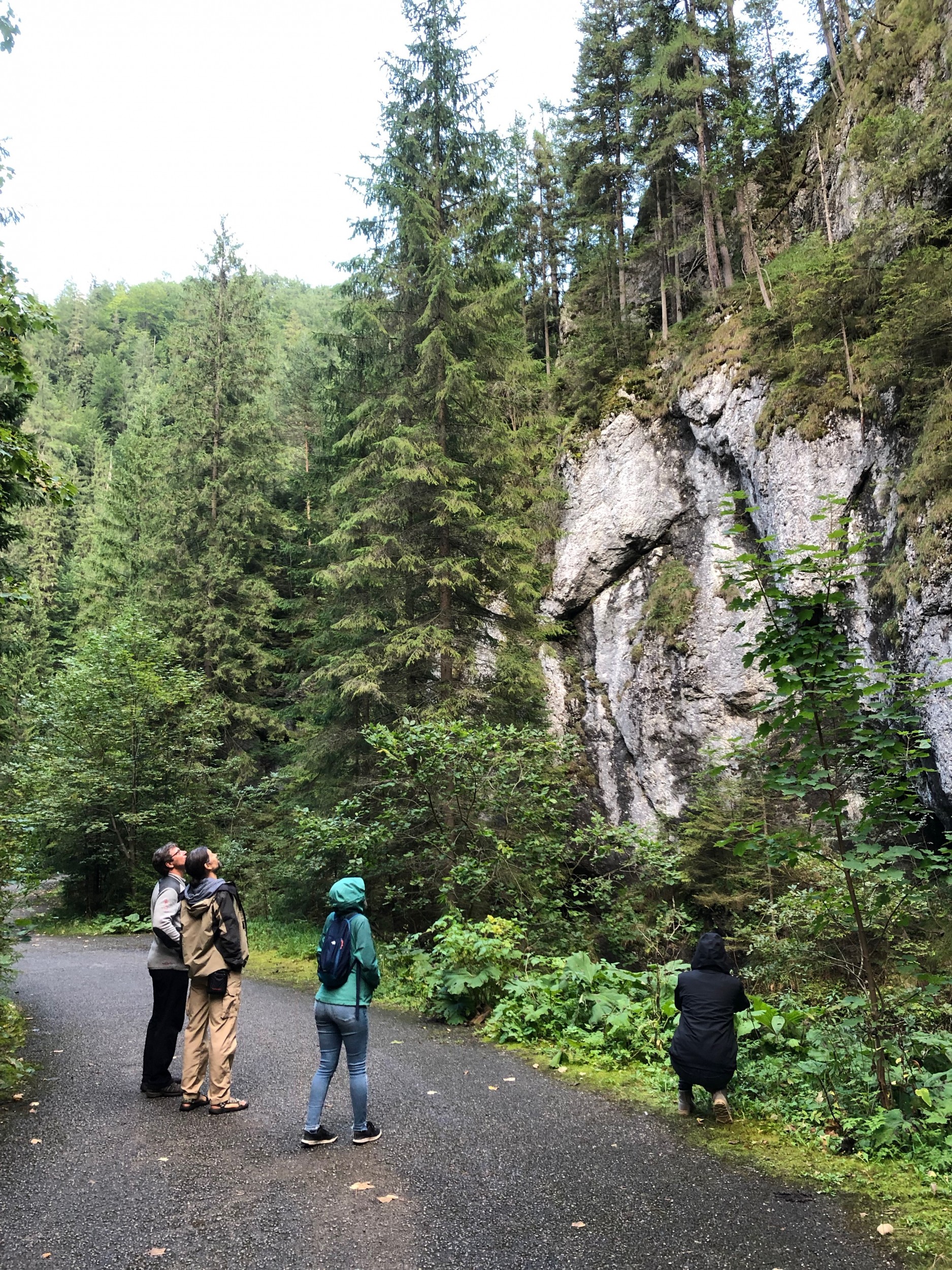
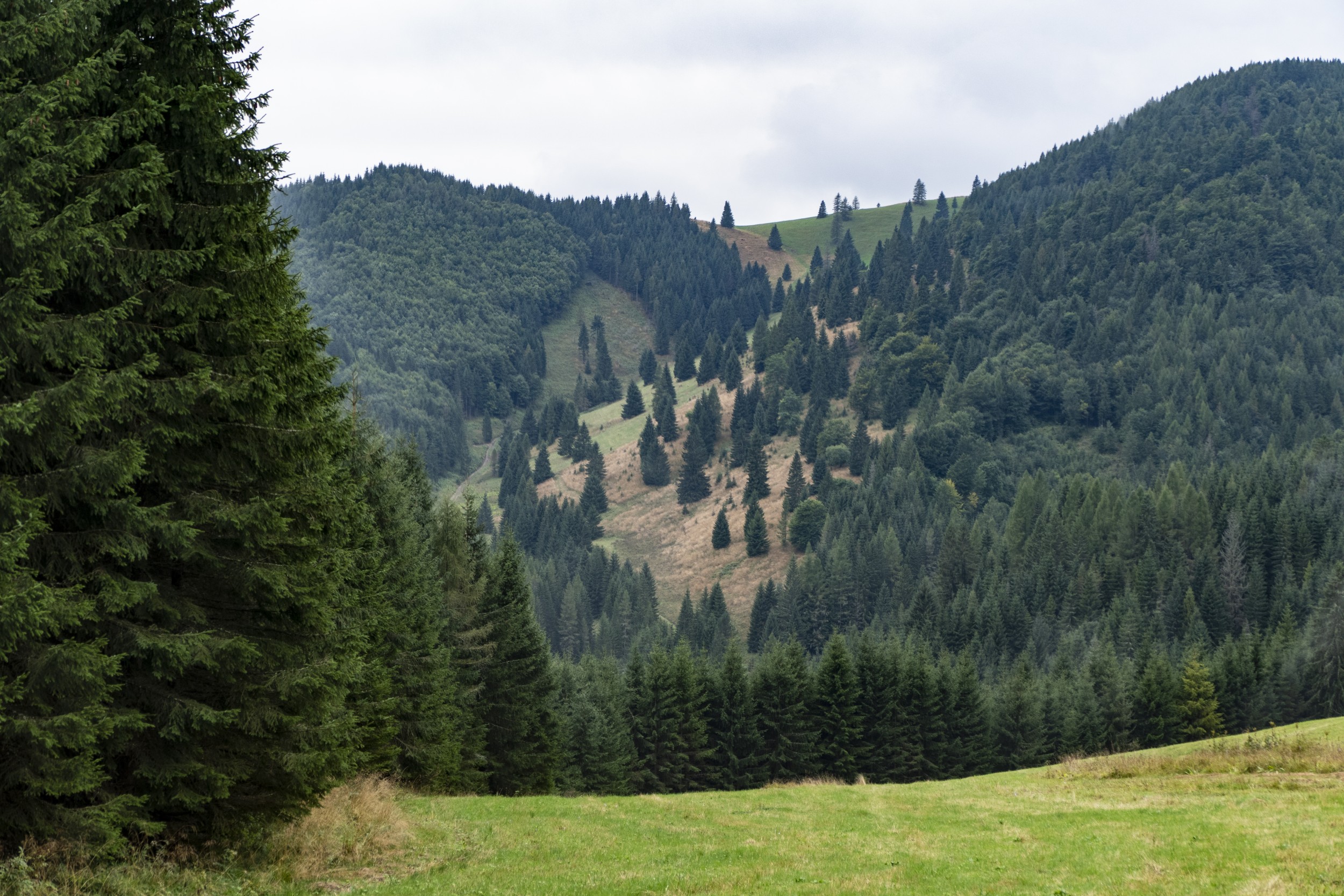
Slovakien Paradise national park 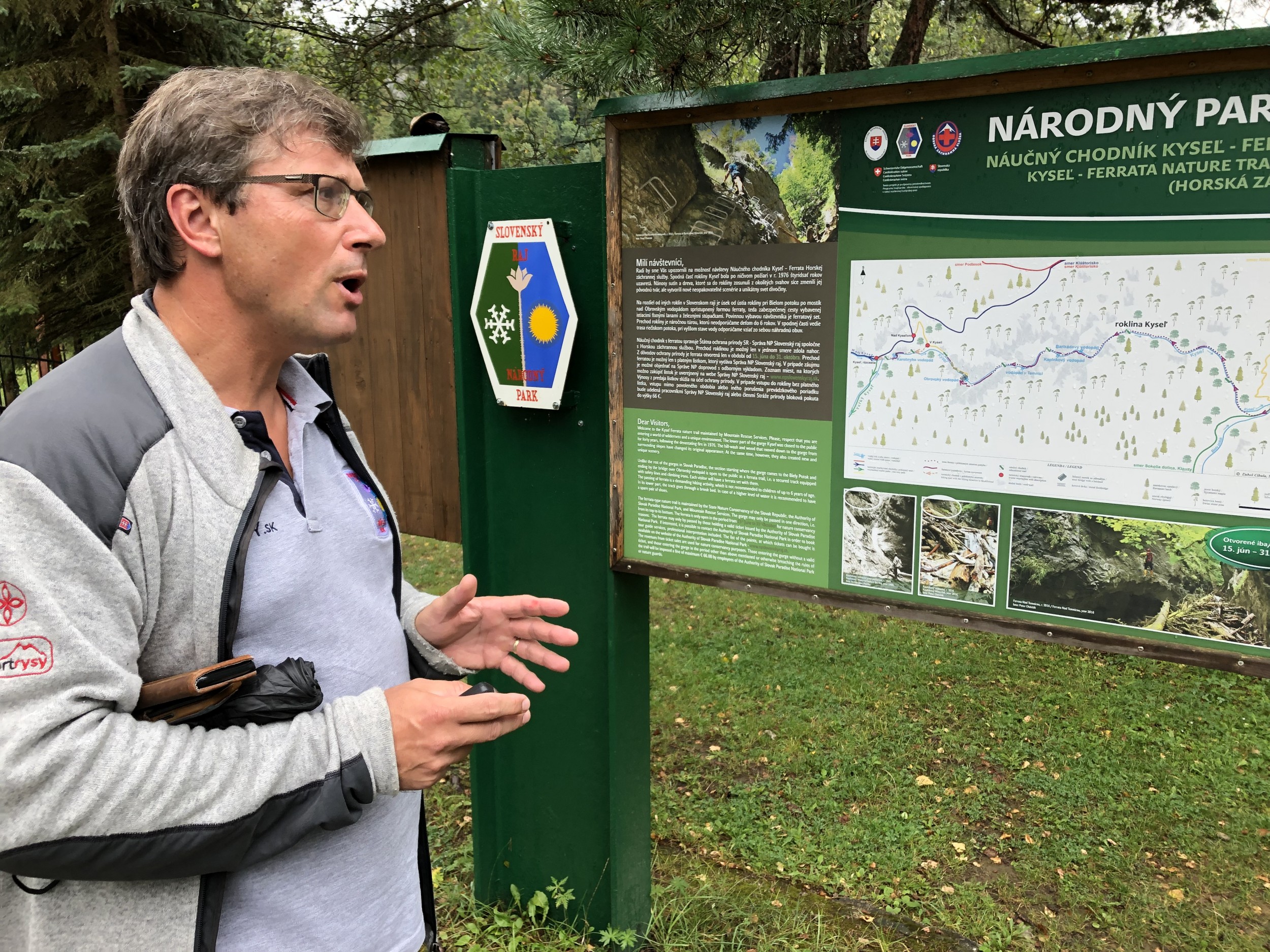
Director Tomáš Dražil explains his Slovakien Paradise national park 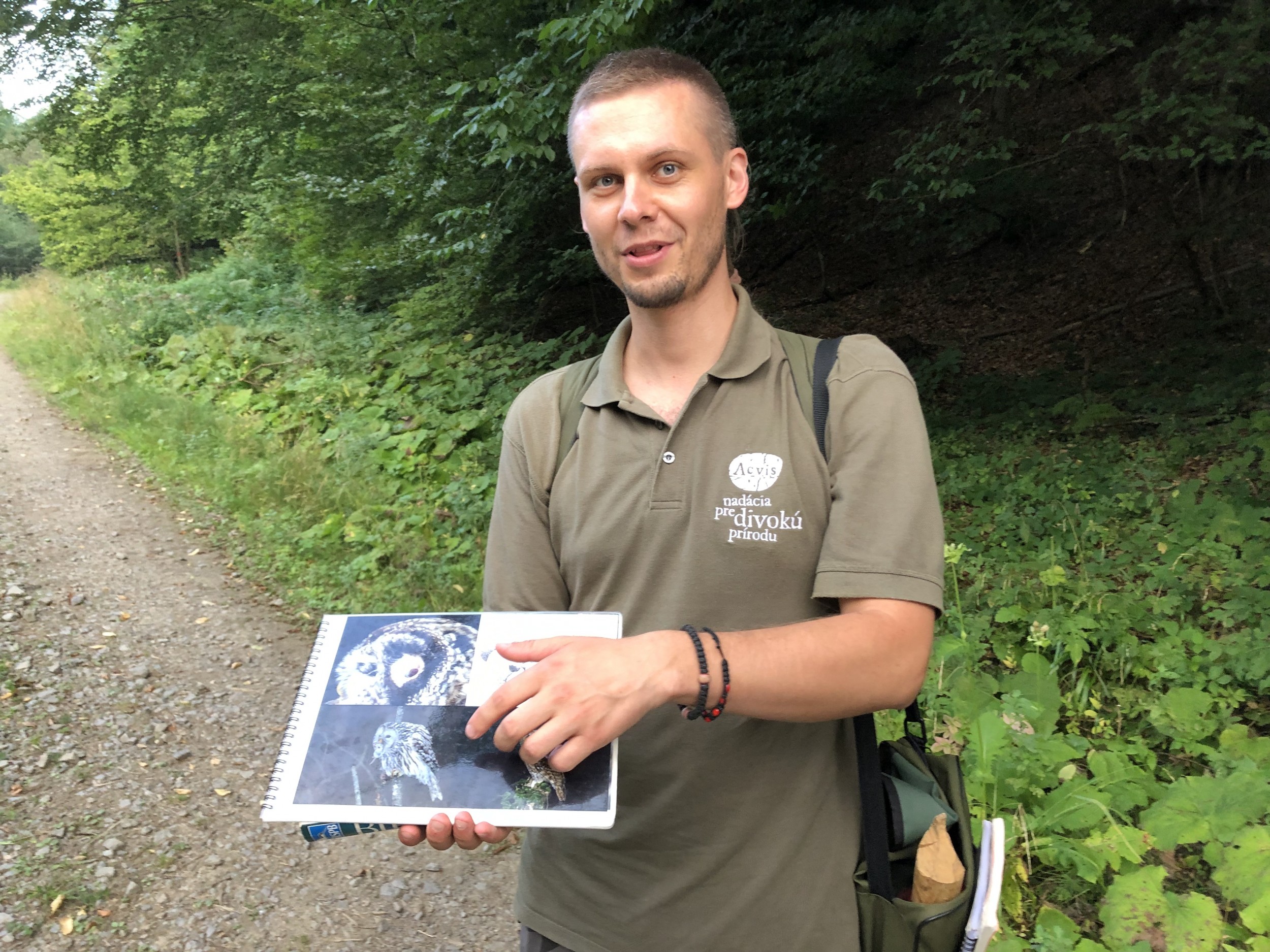
Slavo Senk guided us in Poloniny national park
LT&C is supporting the project in the data and research component, by developing a practical handbook for its Slovak partners, which will highlight best practice cases from LT&C-Examples (and beyond) of financing mechanisms, products, education and certification efforts that foster ecotourism development in national parks.
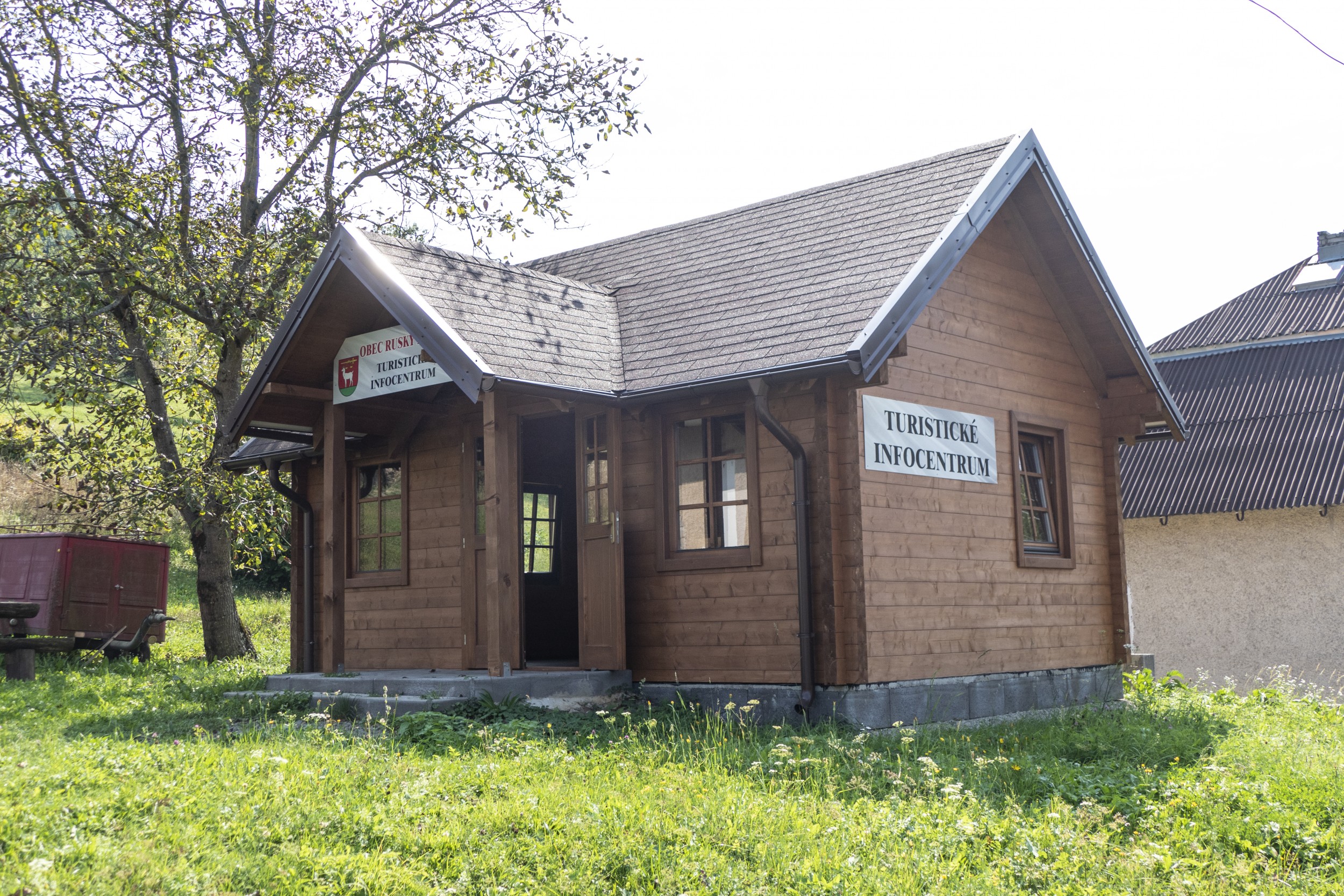
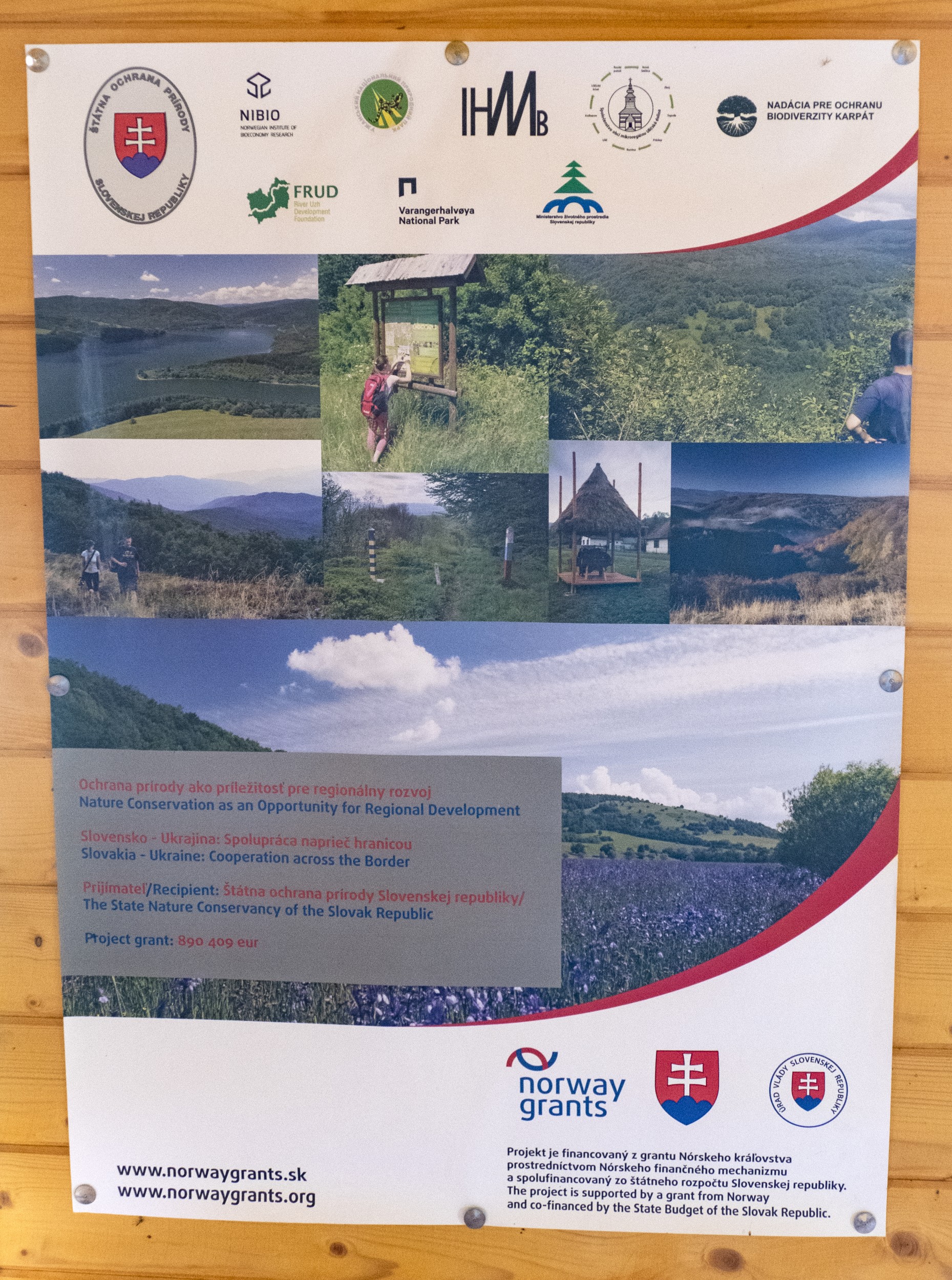
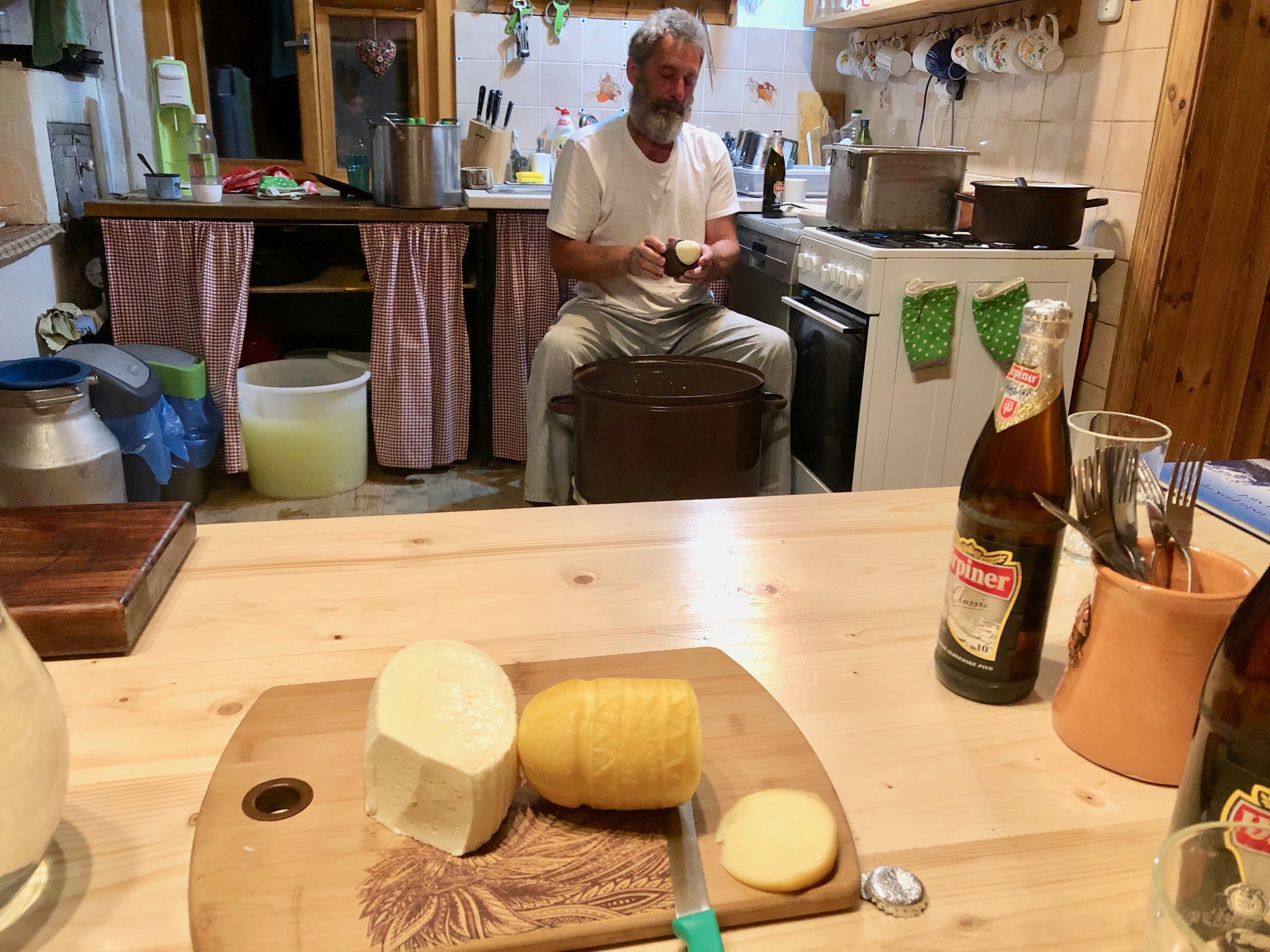
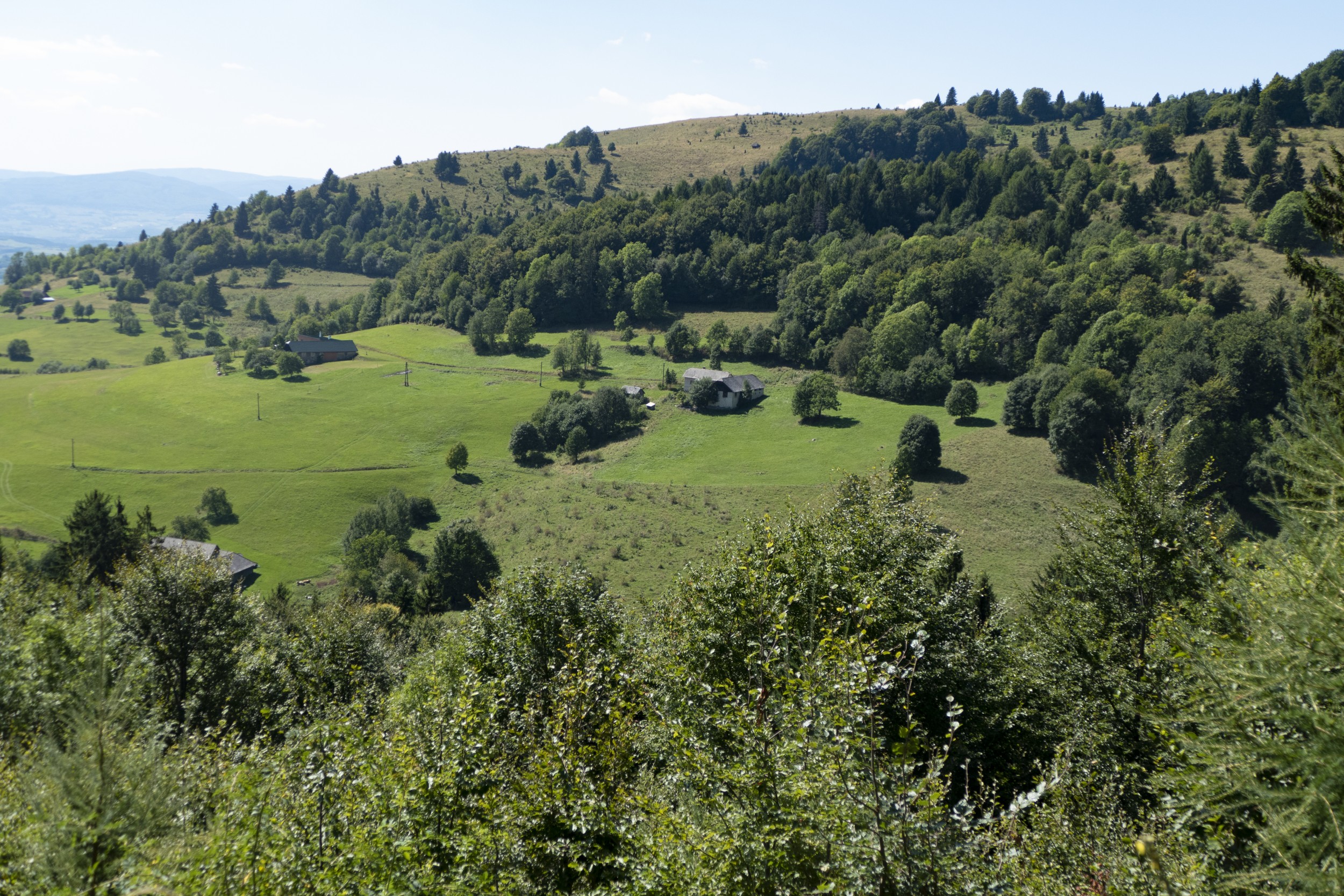
Poľana mountains protected landscape area
This document will be developed based on an initial study tour through the main areas of concern in Slovakia in September 2019 (visits of protected areas and national parks, as well as meetings with numerous stakeholders) and in consultation with the project partners. The project foresees a workshop in May 2020 to present the results. This workshop will take place back-to-back with the next Annual General Meeting of LT&C and will provide an opportunity for LT&C members to visit some of the promising ecotourism sites and offers in Slovakia and engage with the project partners.
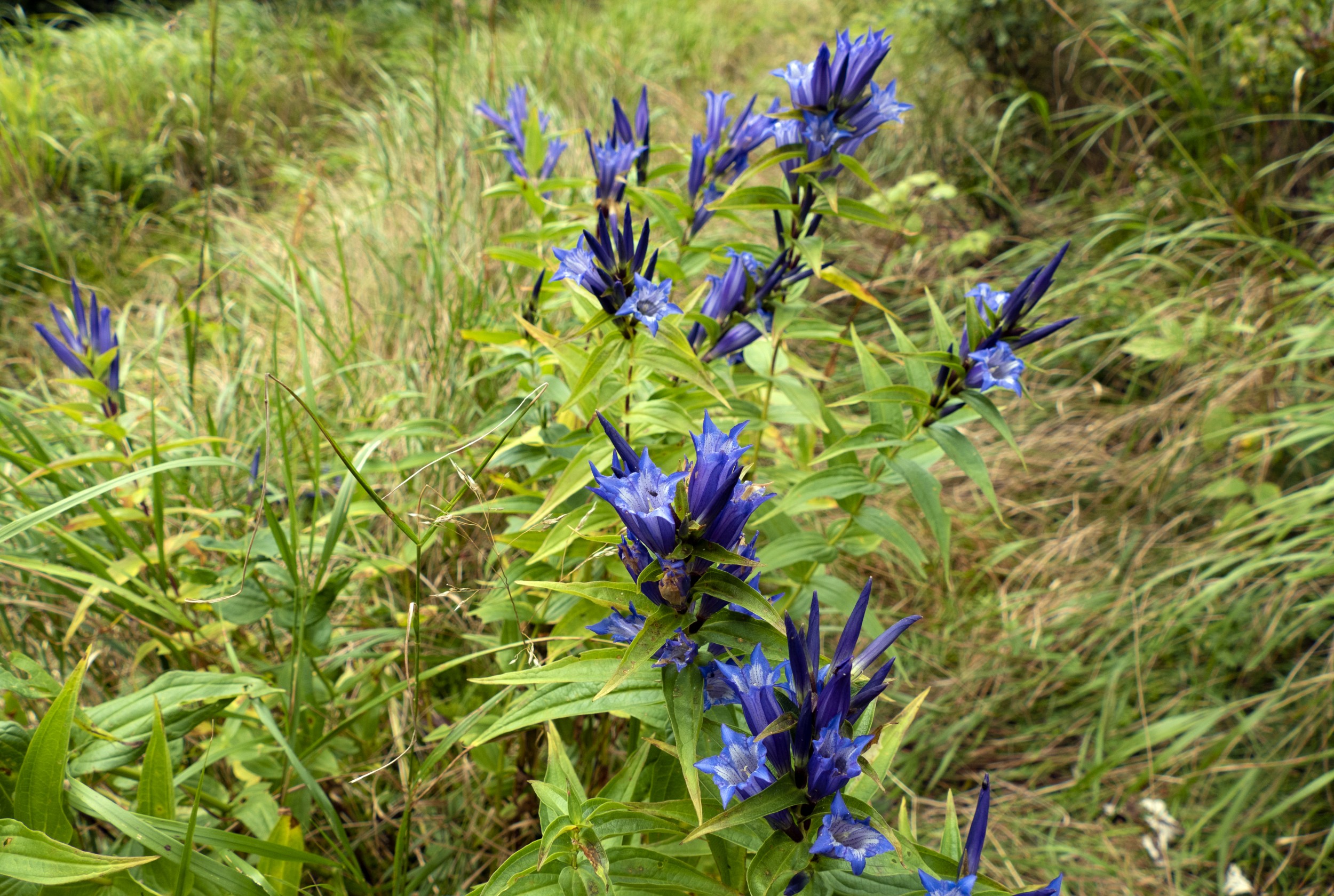

Slovakien Paradise national park 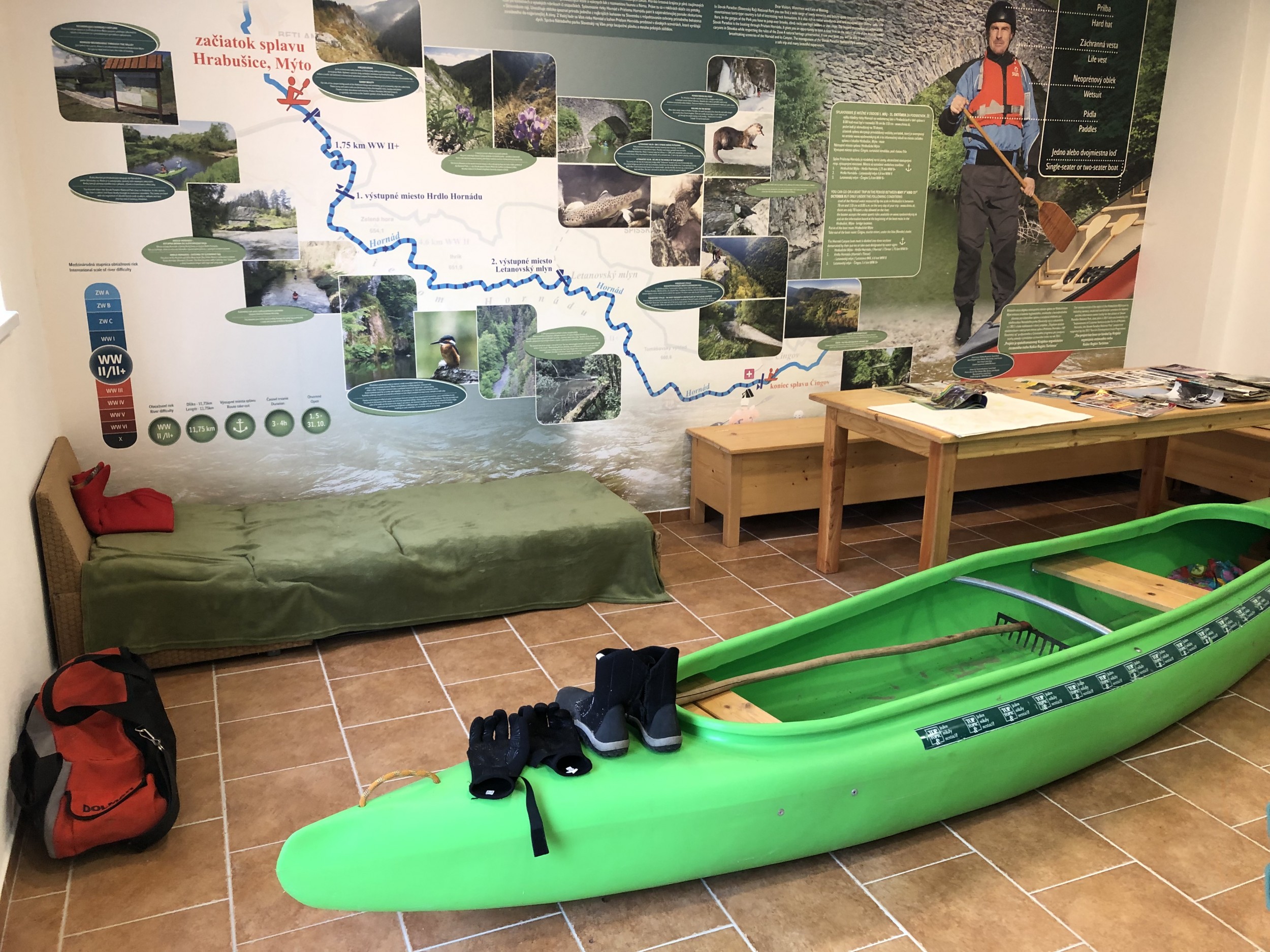
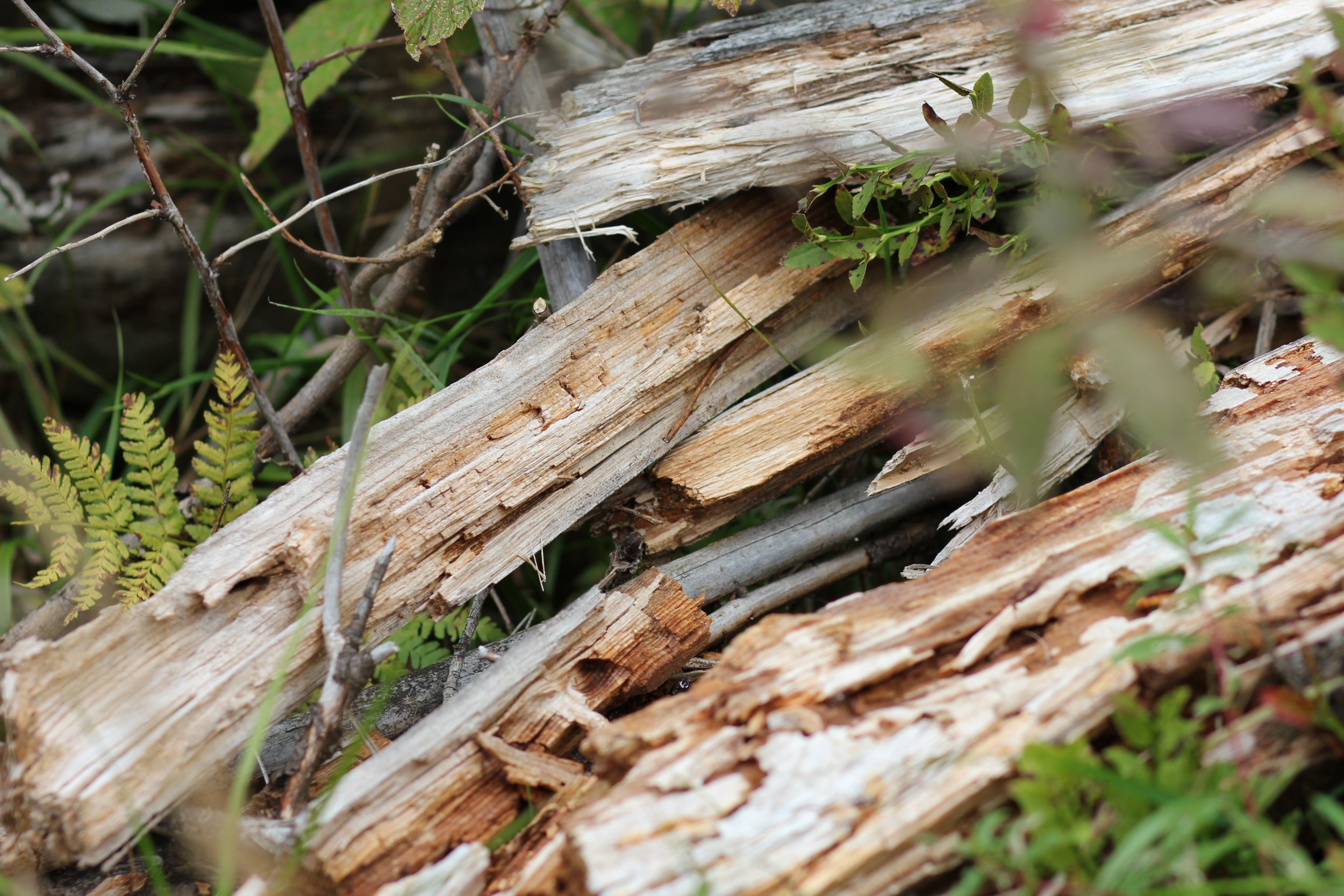
Finding signs of bears living in the area
